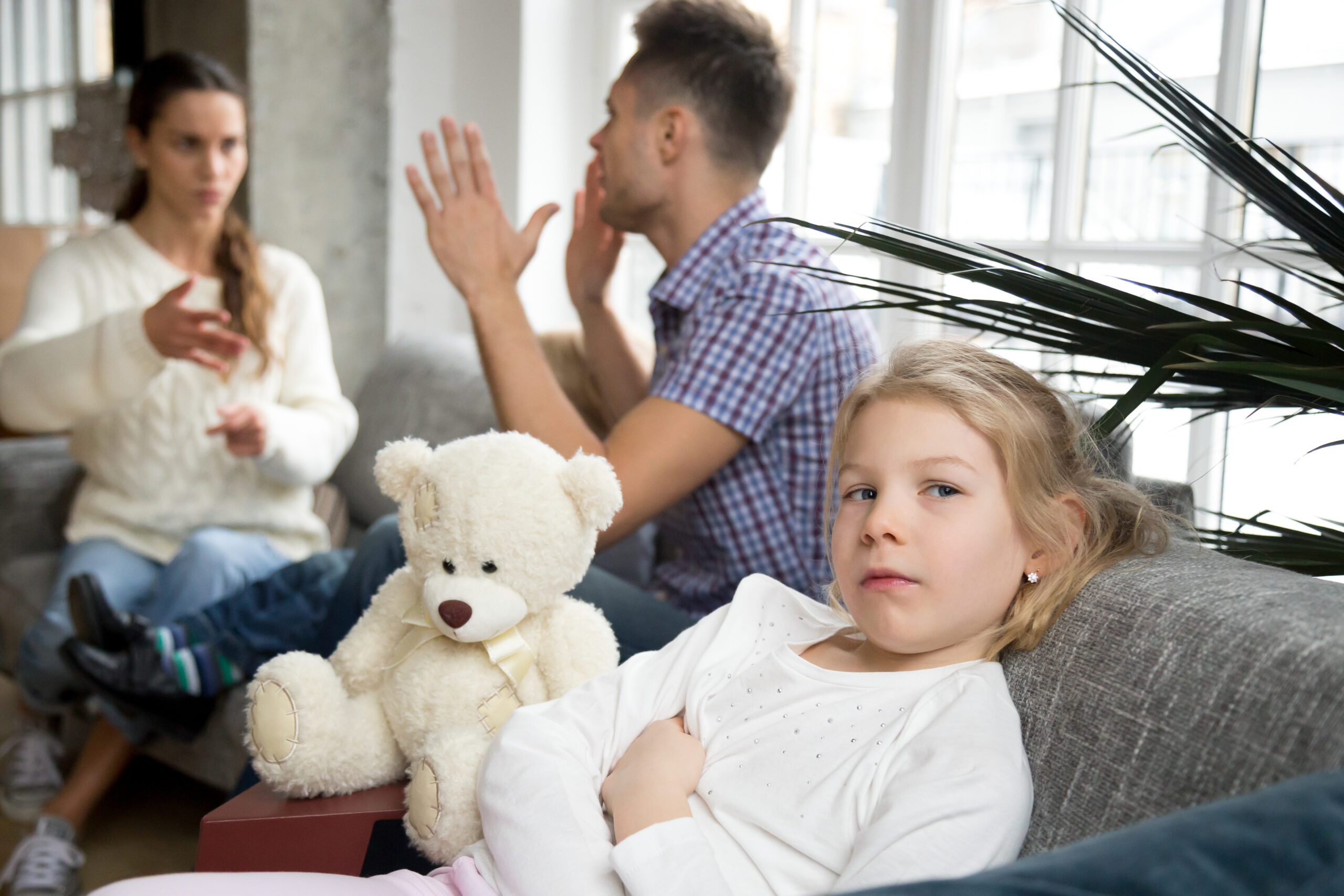
Effects of Growing up in a Toxic Family
Growing up in a toxic or dysfunctional family is particularly harmful to children. This is because parents and other senior relatives have the most significant influence on a child’s personality development.
Children who grow up in such environments may experience low self-esteem, heightened anxiety, feelings of guilt, social isolation, emotional dependence, self-destructive behavior, and alcohol or drug addiction.
As adults, it can be challenging to overcome the effects of a toxic environment and develop healthy behavioral patterns to model for future generations.
Understanding Toxic Families
A toxic or dysfunctional family is an environment that is particularly unsafe, especially for children. Unconditional love, empathy, and care for each other are absent in such a group.
The most common signs of a toxic family are:
- Members constantly manipulate each other to induce feelings of guilt;
- It is considered normal to humiliate others with the intention of causing a permanent sense of guilt or shame;
- Blaming others for their actions is common;
- Intimidation is used to subdue another family member, creating insecurity, fear of failure, and constantly suppressing their abilities;
- Most family members try to avoid responsibility for their negative actions, or shift the blame to others;
- There is constant belittlement and intimidation, with self-affirmation often coming at the expense of other, usually weaker, family members;
- Gaslighting, devaluing, or completely ignoring another person’s feelings and needs;
- Cruel treatment of children by parents;
- Physical, verbal, emotional, or sexual violence;
- Family members lie to each other to make them feel bad or to shift the blame for their erroneous or undesirable actions;
- Parents make their children feel guilty for their own needs, such as the need for unconditional love, care, and a sense of security.
In addition, a toxic family often involves substance abuse, gambling addiction, and other forms of self-destructive or destructive behavior.
The Consequences of Growing Up in a Toxic Family
Children who grow up in dysfunctional families are most likely to have problems with self-esteem, suppressed mood, and a lack of positive energy. Toxic parents are often excessively demanding, and the family may have unjustifiably strict control or a complete lack of rules.
Children lack a sense of security and comfort because they grow up in a conflicted environment where negative emotions prevail. The consequences are various types of psychological problems:
- Low self-esteem;
- Constant feelings of anxiety;
- Emotional dependence;
- Personality disorders;
- Lack of trust;
- High risk of mental disorders;
- Difficulty establishing personal boundaries;
- High risk of developing alcohol or drug addiction, gambling addiction.
Another negative consequence for people who were raised in a toxic environment is inheriting such a behavioral pattern. If a person who grew up in a dysfunctional family is unable to cope with the consequences of such upbringing, they pass on the toxic behavior pattern to their children.
How to Cope with the Consequences of Growing Up in a Toxic Family
It is extremely important to realize the negative consequences of growing up in a toxic family and seek professional help to cope with the negative effects. Only in this way, you can avoid passing on a destructive model of behavior to your children.
Here are some tips on how to deal with the consequences of growing up in a toxic family:
- Create a positive environment for yourself. A simple rule: if you want to become a successful person, surround yourself with successful people. They will motivate you to change for the better, sincerely rejoice in your successes, and provide you with the necessary support;
- Take responsibility for your life. Even if the source of your problems is a psychological trauma in childhood, as an adult, you are solely responsible for your life;
- Seek the advice of a psychotherapist. This can be individual or family therapy. A psychotherapist will help you work through childhood memories and then create a constructive model of behavior for your own family.
It is also important to limit communication with toxic people who can slow you down and try to hinder your progress. You may need to limit or even completely stop communication with your toxic family.
You should not continue to have contact with toxic people who leave you feeling emotionally drained and devoid of good mood after interacting with them.
Conclusion
A toxic family has a particularly negative impact on children who grow up in such an environment. Such upbringing is accompanied by various psychological traumas, which lead to a large number of problems in the future.
The second serious problem is that parents who grew up in a toxic family pass on such a behavior model to their children. Thus, a predisposition to various psychological problems, and in severe cases, to psychological illnesses, is passed down to future generations.